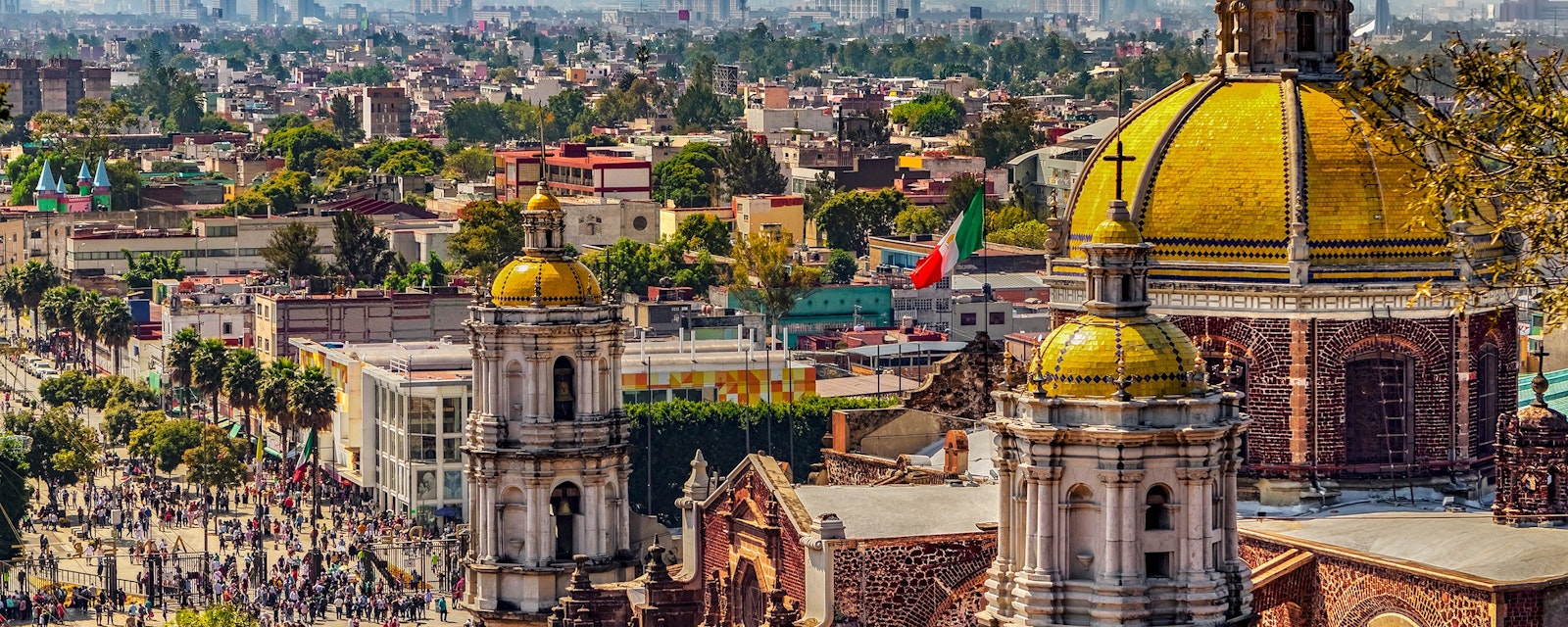Health authorities and various political figures have been making calls for people to stay at home where possible, while avoiding Christmas parties and family gatherings. The appeal comes amid a resurgence in Covid-19 cases and a sustained increase in hospital occupancy rates, especially in Mexico City, where some facilities are under extreme pressure. However, in a sign of strategic disarray, the government’s Covid-19 traffic light system has lost virtually all credibility and some state governments are increasingly diverging from central government in applying rules designed to curb transmission of the virus.
It remains difficult to get an accurate picture of the overall situation because of low testing levels; Mexico City has finally reached a testing capacity of around 20,000 per day ten months since the outbreak began in the country. As of 15 December, the overall caseload stood at 1.26mn, with over 115,000 deaths. However, serology-based testing of over 9,000 households suggests that as much as 25% of the population (32mn people) could have been infected. In parallel, it has been estimated that there are over two excess deaths for every officially recognized death from Covid-19. Hospital occupancy is easier to measure, though additional capacity since the May peak means that comparisons with the earlier period are not like-for-like. What is clear is that occupancy has increased over the last four weeks, reaching 83% in Mexico City.
The capital’s hospital occupancy and rising caseload mean it has met the criteria to return to the “red” level of partial lockdown in the traffic light system. However, this step has not been taken. City authorities have all but admitted that without direct economic support from central government, people will not or cannot comply with stricter rules. However, President Andres Manuel Lopez Obrador (AMLO) – whose approval ratings remain resilient but who may well fear the economic consequences of a stricter lockdown – remains reluctant to offer wage subsidies or tax breaks for companies. When pressed on the issue, the government’s Covid-19 czar Hugo Lopez-Gatell described the traffic light system as “unimportant” when previously he touted its effectiveness.
Confused messaging and what the WHO has called “dissonance” over health advice – over the traffic light but also on an issue as fundamental as the use of facemasks – threatens to exacerbate the public health situation, just as it did earlier in the year. This comes ahead of the holiday season, but also in a context in which positive vaccine news may be generating a false sense of public confidence. Although local regulator Cofepris last week approved the Pfizer-BioNTech vaccine, the reality is that vaccines will not arrive in sufficient quantities to prevent an increase in new cases around the Christmas and New Year’s Eve holidays – and possibly well beyond. The government’s plan to have 75% of the population vaccinated by March 2022 highlights how transmission, restrictions, and political arguments over how to handle the pandemic will all continue through 2021.




